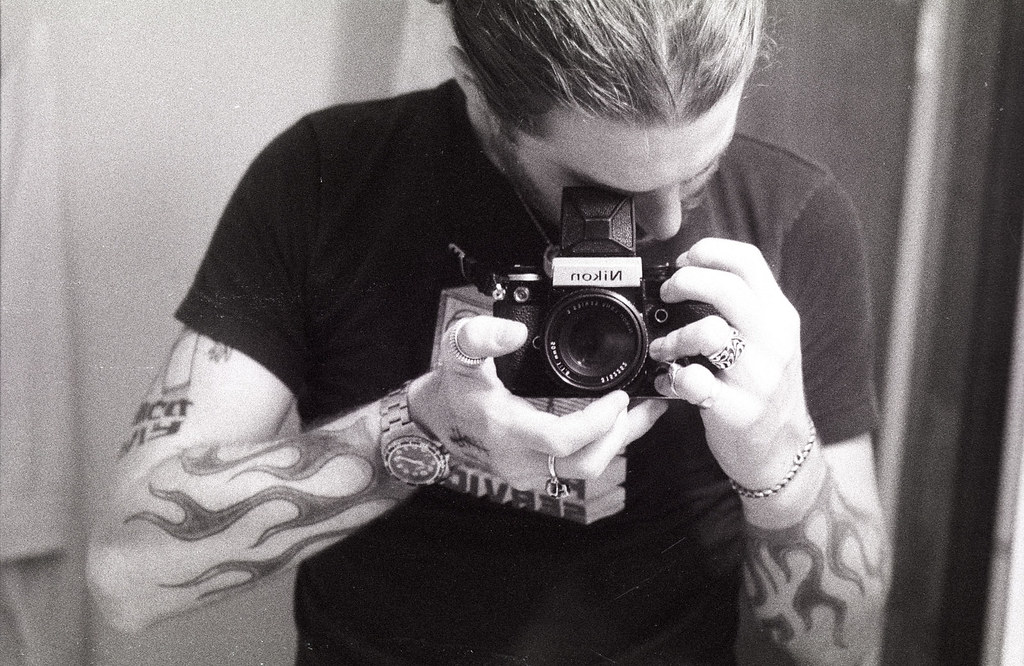To anyone who's weary of putting your images online (or posting them so small and low-res that they're impossible to appreciate), I found an interesting article on
http://www.jmg-galleries.com/blog/ on some new image recognition software, that will allow anyone to search the internet, not by text, but by an image itself.
So, soon you will be able to see exactly where your photos end up on the internet and if anyone has taken or taken credit for your work.
Here's an exert from the article:
"Up until recently it’s been nearly impossible to know for certain where your online photos might end up on the Internet. As we’ve heard over the years a growing vocal minority will be the first to jump on photographers complaining about online image theft stating “Get used to it. You put it online. That’s how it is.” This argument is anything but true and frustrates the hell out of photographers who know better.
It’s become clear there is a growing interest in new technologies to address the current “wild west” nature of image theft on the Internet by stock agencies and individual photographers alike. Google recently released a research paper on VisualRank that like text search assigns a weighting and ranking to images while also leveraging image-recognition software methods. Although Google is the 800 pound gorilla of search they’ve been beat to the punch by Idée Inc. who recently released a private beta of TinEye. As you’ll see in TinEye’s demonstration video they’ve created an image search that is as simple as a Google search. All an end user has to do is reference an image online or upload a low resolution image and TinEye returns results of where that image is currently found online. What is most impressive is their image matching technology that will match similar images even if they’ve been cropped, resized or Photoshop’d."© Jim M. Goldstein
Full Article can be found
here.
